Global recession is almost a given, but there is mixed-messaging as to its severity. Security concerns and suspicion are pervasive - policymakers decide, business must adapt. How much has the Wagner attempted coup weakened Putin? Conserving natural capital is not an option, it's a necessity for economic growth. The same is true for the deployment of generative AI and [...]


